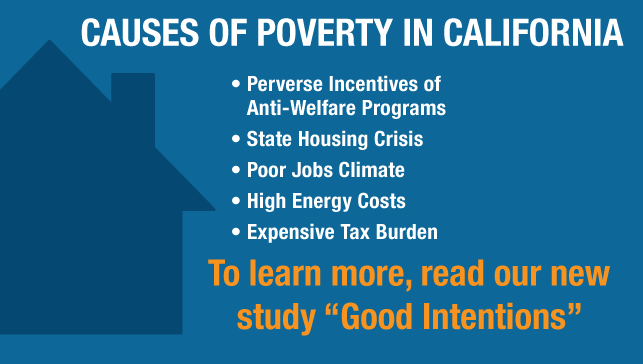The negative impacts of setting — and increasing — minimum wages should be beyond debate by now. The economic science is settled. Yet California policymakers continue to believe in unicorn economic fantasies.
For example, more than a dozen cities and counties in the Bay Area have changed their minimum-wage ordinances since the beginning of the decade. Similarly, the Legislature pushed through a state minimum-wage law in 2016 that will increase the wage floor annually until it arrives at $15 an hour in 2022 for businesses with more than 25 employees. Business with 25 or fewer employees have been granted an extra year to reach $15 an hour. Unless another state sharply raises its minimum wage in the next four years, that will be the highest mark in the country.
Rather than improving the lives of California’s working class, escalating minimum wages hurt those that minimum-wage advocates swear they will help. This is the unsurprising finding of a new study which determined “that past minimum wage increases in California have caused a measurable decrease in employment among affected employees.”
The study was compiled for the Employment Policies Institute by economists David Macpherson of Trinity University and William Even of Miami University to “measure the empirical effects of minimum wage increases in California from 1990 to the present, and estimate the impact of California’s current minimum wage law.”
“Specifically, they find that each 10 percent increase in the minimum wage has led to a nearly 5 percent reduction in employment in industries with a higher percentage of lower-paid employees. Across all industries, their findings imply that each 10 percent increase in California’s minimum wage has reduced employment for affected employees by 2 percent.”
They further determined that as the state minimum wage continues to increase each year, jobs will be moving hard in the other direction.
“By 2022, approximately 400,000 jobs would be lost as a consequence. (This estimate is conservative, as it measures the impact of California’s state minimum wage but does not covering the impact of local minimum wages.)”
This doesn’t appear to be a case of researchers looking for a conclusion and then conveniently finding it. According to the abstract, “the authors employ 24 unique variations of their original model to ensure as fair a treatment of the evidence as reasonably possible.”
Nor is it the only recent policy report that found minimum-wage laws in California are harmful. The American Action Forum predicted that 700,000 jobs would be lost, thanks to the 2016 minimum-wage hike. Last year, Harvard researchers said local minimum-wage increases in the Bay Area had forced restaurants to close (and take jobs with them).
The effects of minimum-wage increases should be easy to understand. When the cost of employing workers is artificially inflated, business will hire fewer of them and in some cases, need to cut their workforces. Yet lawmakers ignore the reality and harm those they say they’re trying to help. One wonders not when they will get it but if they ever will.
Kerry Jackson is a fellow with the Center for California Reform at the Pacific Research Institute.

